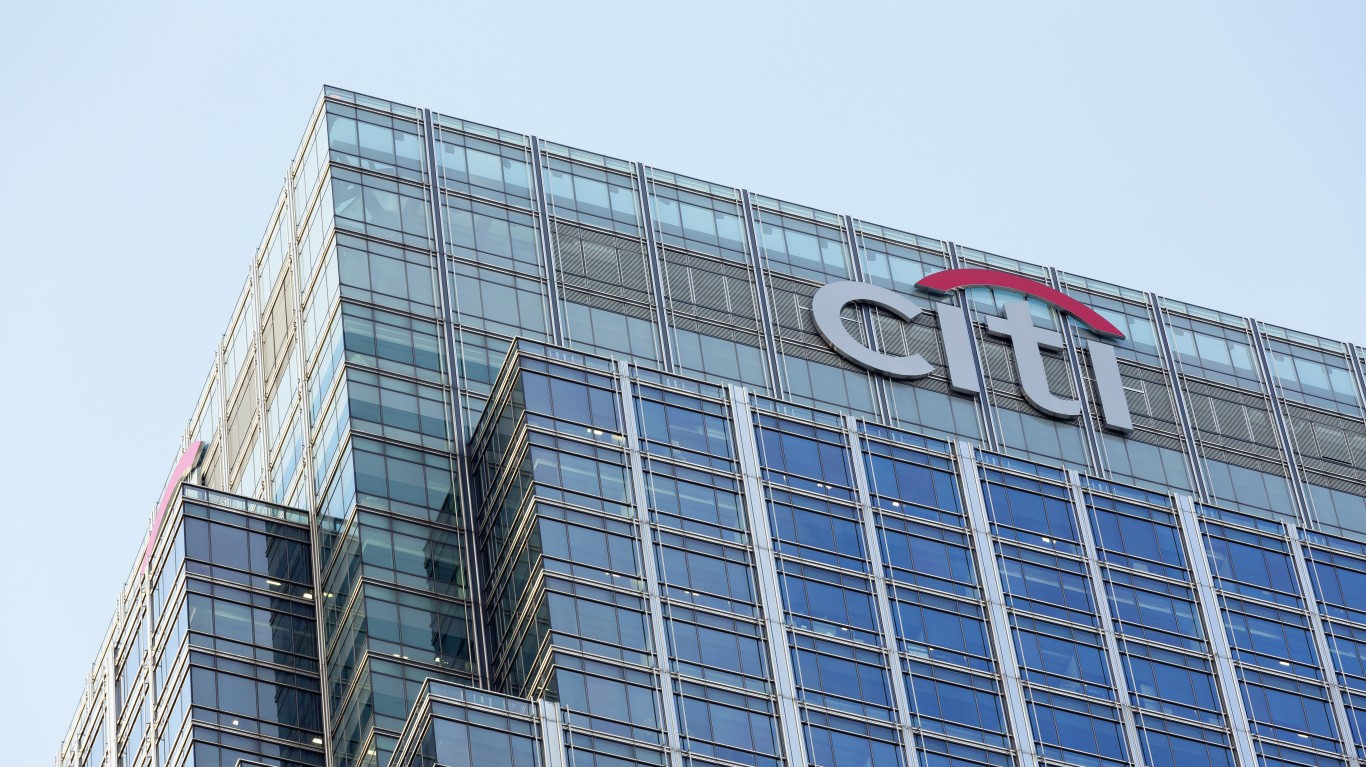Banking, finance, and taxes
Why Citigroup Earnings Earnings Aren't That Impressive

Published:
Last Updated:

When Citigroup Inc. (NYSE: C) released its fourth-quarter financial results before the markets opened on Monday, the bank said that it had $1.61 in earnings per share (EPS) and $17.1 billion in revenue. That compares with consensus estimates of $1.55 in EPS on revenue of $17.59 billion, as well as the $1.28 per share and $17.25 billion posted in the same period of last year.
Citigroup’s end-of-period loans were $684 billion as of the quarter’s end, up 3% from the prior-year period. Its end-of-period deposits were $1.0 trillion, an increase of 6% from a year ago.
In terms of its segments, Citigroup reported as follows:
In the quarter, Citigroup reported that it had a book value per share of $75.05 and a tangible book value per share of $53.79. At quarter’s end, Citigroup’s CET1 Capital ratio was 11.9%, up from 11.7% in the prior quarter, driven by a reduction in risk-weighted assets.
CEO Michael Corba commented:
We made solid progress throughout 2018 towards our longer-term financial targets, ending the year with an RoTCE of 10.9% and an efficiency ratio of 57%. Our institutional and consumer franchises each grew revenue on a full year basis and we continued to invest in our people and technology in order to better serve our clients. During the year, we also grew loans and deposits, improved ROA, and carefully managed both our expenses and balance sheet. We also returned more than $18 billion of capital to common shareholders.
Shares of Citigroup closed Friday at $56.69, within a 52-week range of $48.42 to $80.70. The consensus analyst price target is $76.31. Following the announcement, the stock was down over 1% at $55.94 in early trading indications Monday.
If you’re like many Americans and keep your money ‘safe’ in a checking or savings account, think again. The average yield on a savings account is a paltry .4% today, and inflation is much higher. Checking accounts are even worse.
Every day you don’t move to a high-yield savings account that beats inflation, you lose more and more value.
But there is good news. To win qualified customers, some accounts are paying 9-10x this national average. That’s an incredible way to keep your money safe, and get paid at the same time. Our top pick for high yield savings accounts includes other one time cash bonuses, and is FDIC insured.
Click here to see how much more you could be earning on your savings today. It takes just a few minutes and your money could be working for you.
Thank you for reading! Have some feedback for us?
Contact the 24/7 Wall St. editorial team.